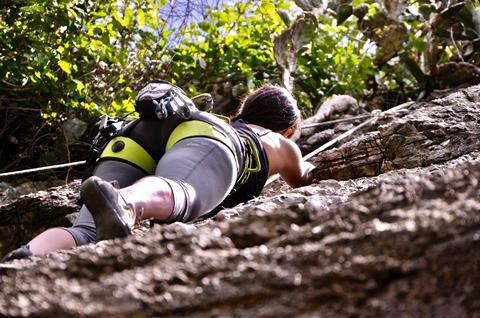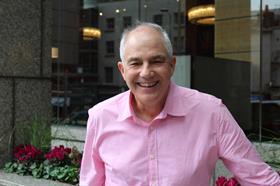Many students say that residentials are the most memorable experience of their time at school. But how often do we hear about the many positive impacts they have on the adults participating? Peter Carne, the national adviser for Learning Away, describes some of the benefits of taking part in a residential for teachers and other staff in schools.

During the five-year ‘action research’ phase of the Learning Away programme, the views of all the staff involved were gained in focus groups and surveys.
They identified five main impacts of their involvement in residentials at their schools:

• The residential allowed them space and time to develop new ways of teaching and learning and, having used the residential to successfully test these approaches, felt confident to incorporate them into their practice back in school. They had become more experimental and flexible in their teaching, were more willing to take risks and had confidence to try different types of teaching. They were more trusting of their students and linked this to the improved relationships developed on the residentials. They were more relaxed in the classroom environment and were giving students more responsibility, freedom and independence, leading to a more positive teaching and learning experience.
• Residentials also had an impact on curriculum delivery, particularly in developing a more integrated and thematic approach. At one special school, staff noted that the residentials had helped them develop a more skills-based curriculum. They had used the residential to identify and develop key life skills. At another Secondary school, relationships developed with staff on residentials had resulted in a review of the alternative curriculum available within school and the development of a new curriculum, which better met the needs of students. Cross-curricular work undertaken on residentials also helped teachers identify just how many opportunities there were for taking a similar approach back in school.
• Most importantly, residentials gave staff a different context to discover things about their students they hadn’t seen in the classroom, helping them to develop a better understanding of their needs, strengths and limitations. Teachers saw students in a completely different light, for example quieter students becoming more confident and outgoing. During Learning Away, the more trusting relationships developed between staff and students on residentials also meant students often shared more about themselves, which enabled staff to better understand their behaviours.
• Teachers involved in Learning Away also developed stronger professional relationships with colleagues, as well as with other ‘experts’ involved in the delivery of residentials. The residential provided opportunities for them to develop relationships with staff they would not normally work with, for example from other subjects and from different year groups. This inspired and challenged them to think “even more outside the box”, developing their practice and being more creative. They returned from the residential with renewed enthusiasm, confidence and motivation.
• Taking part in residentials was a valuable mechanism for professional development; helping to enhance the skills of new staff, give experienced staff additional responsibility, and provide new opportunities to develop planning and organisation, evaluation and volunteer management skills. Senior leaders involved in Learning Away suggested that residentials enabled them to identify strengths in members of staff that may not have been apparent within the school/classroom environment, which they built on back in school and on further residentials.










